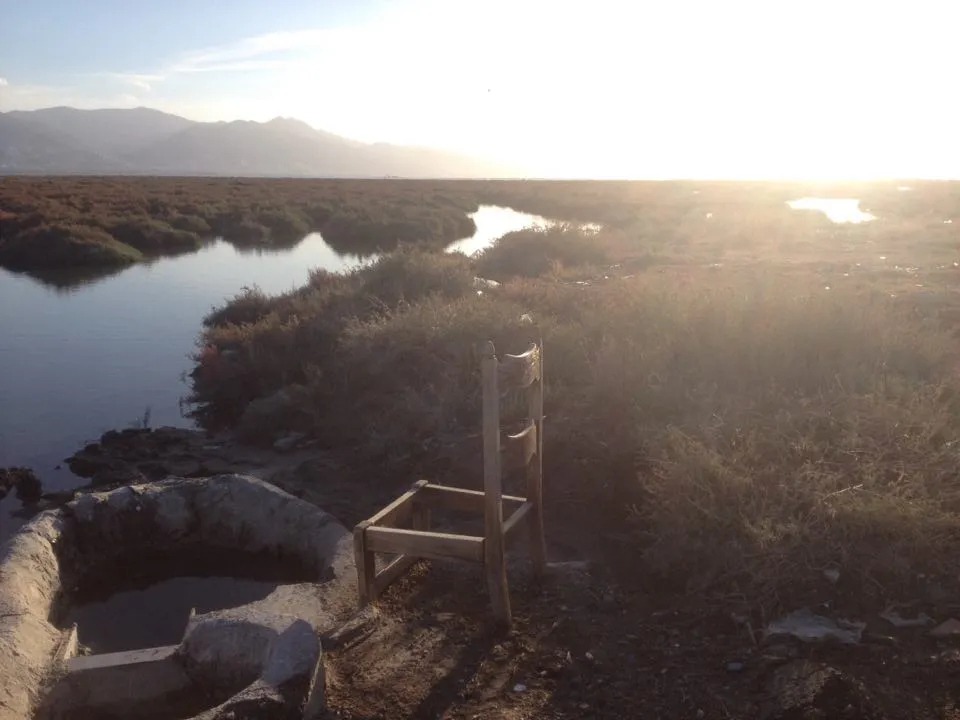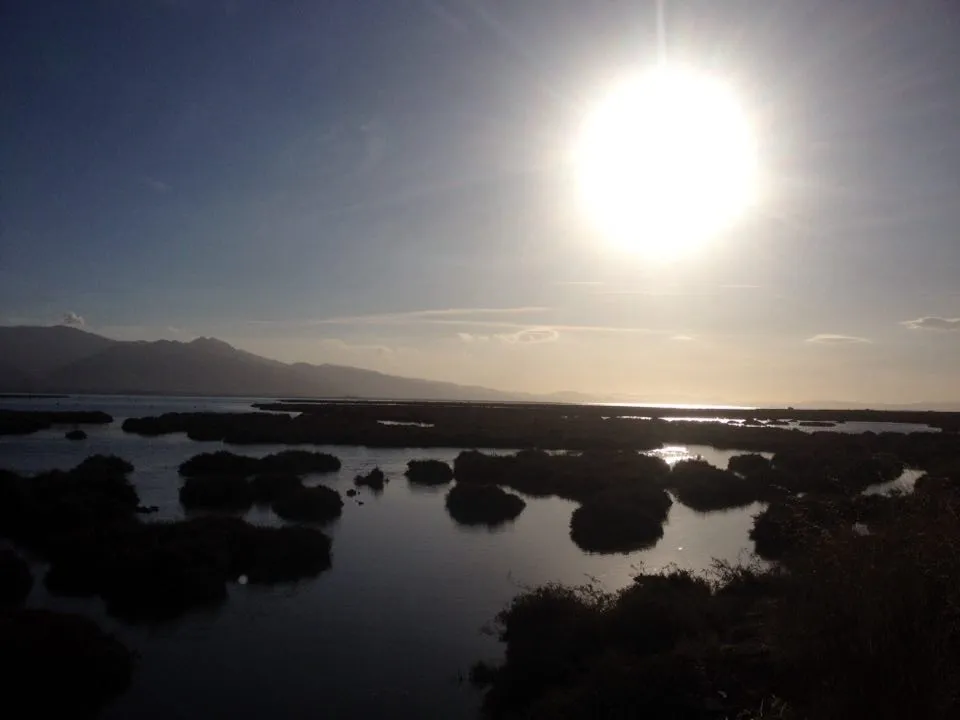
All the pictures are belong to me. It's taken one of the most famous bird destinations, Gediz Delta
The Gediz Delta, which starts from the side of İzmir and from the front of Mavişehir, covers a large area of approximately 40 thousand hectares, extending to the Foça hills. With this area, the valley is Turkey's fourth largest valley.
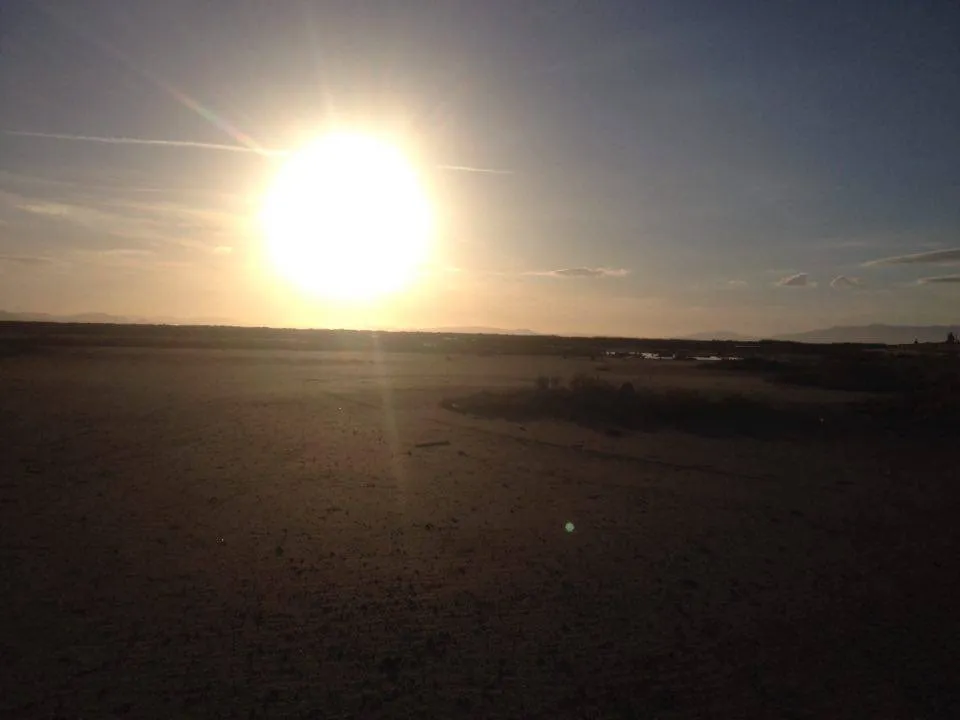
Many different habitats, such as coastal marshes, freshwater marshes, transient wet meadows, reeds, salt pans, hills, and steeps, are the reason for the high diversity of valley equally rare birds and at the same time other species. 277 bird species have been recorded in Gediz Valley until this time. This number is one of the highest bird species recorded in a field in our country. In addition, up to 235 bird species can be observed in this area during the year. It has been determined that between 30 thousand and 80 thousand sukusuns spent winter here in the annual number of suckling cows.
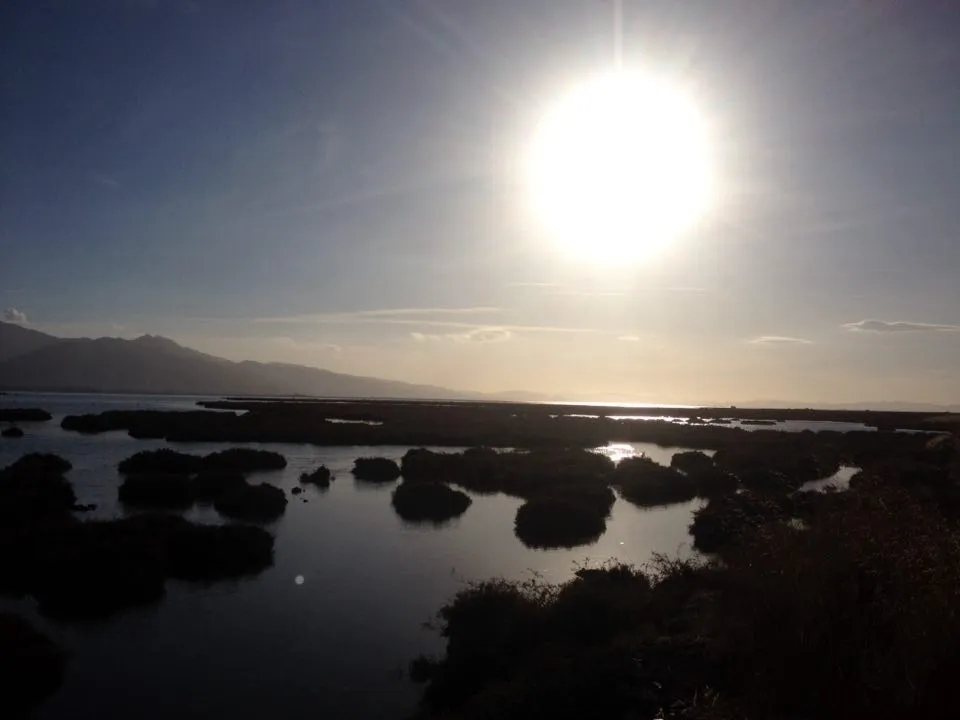
Gediz Valley is one of the two parts of Flamingos (Phoenicopterus roseus) in Turkey together with Tuz Gölü. Every year there are about 5 thousand pairs of flamingo hatching in three small islets between the salt troughs in Çamaltı Salt Lake. In the winter, the number of flamingos in the delta is 20 thousand.
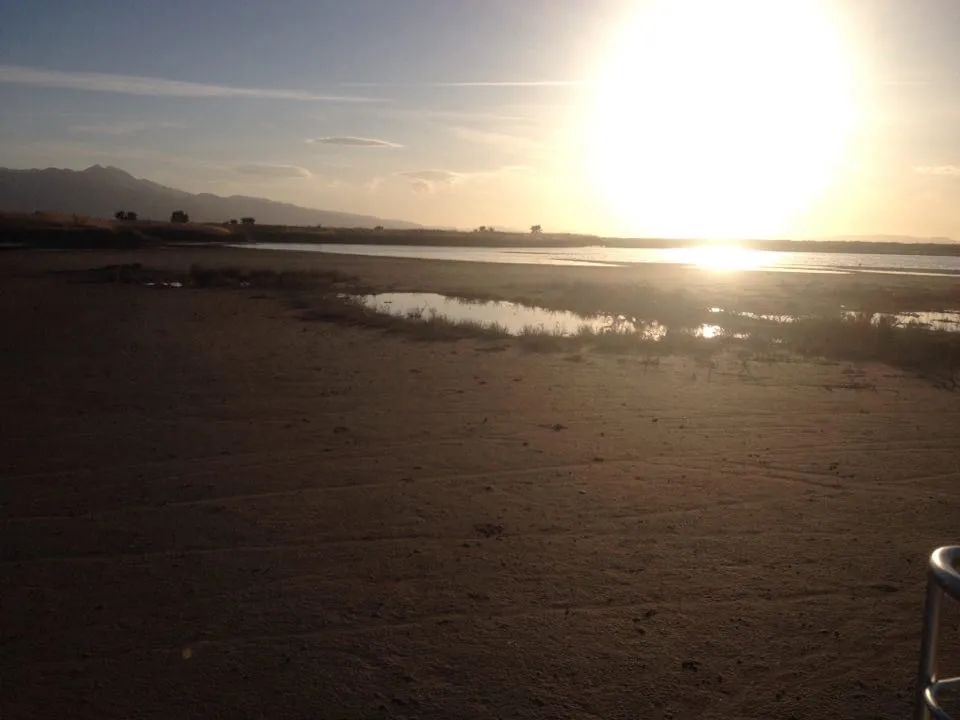
Tepeli Pelikan (Pelecanus crispus), which breeds only in five places in Turkey and is endangered in the world, is one of the most important breeding and feeding areas. Every year in the islands of Homa Dalyan, up to 70 pairs of horned Pelikan hatch. In winter, the numbers in the whole delta are 700 km.
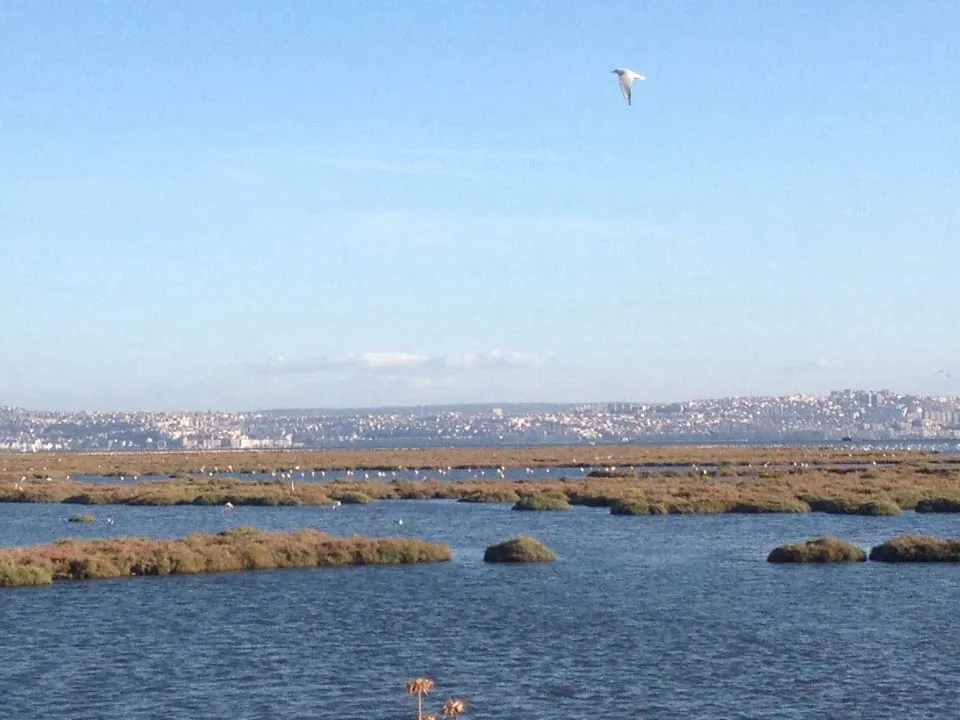
The only breeding area of Karagağalı Sumru (Sterna sandvicensis) in Turkey is Gediz Valley.
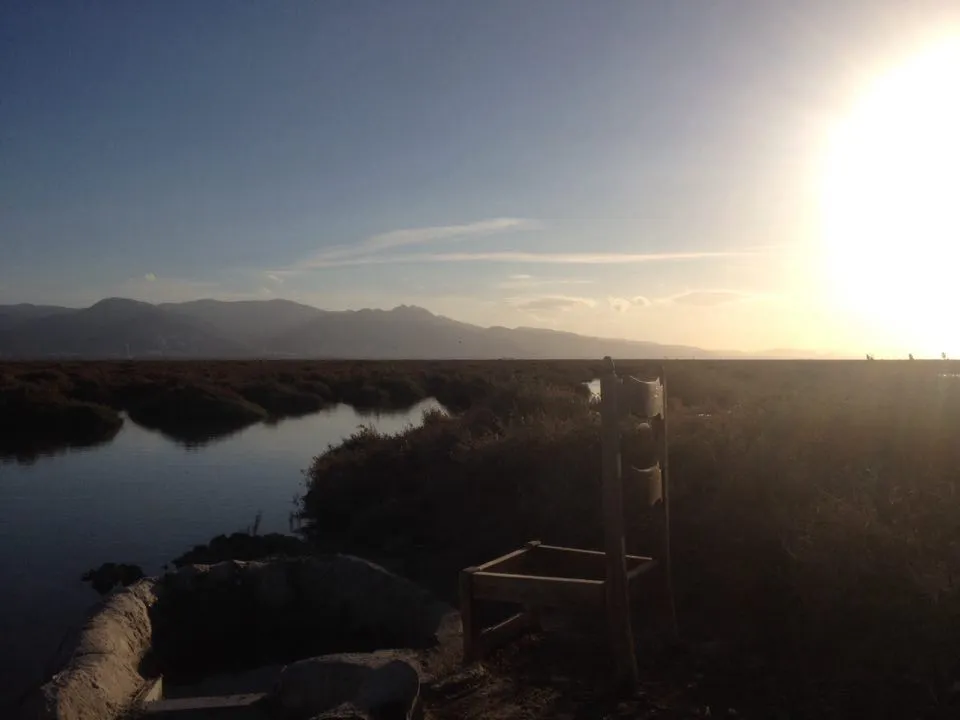
(Felis chaus), Wild Rabbit (Lepus capensis), Wild Boar (Sus scrofa), Porcupine (Meles meles), Gelincik (Mustela nivalis), Fern (Vulpes vulpes), Canis aureus, Felis silvestris, Felis chaus ) also maintain their generations in the appropriate habitats within the Gediz Valley.
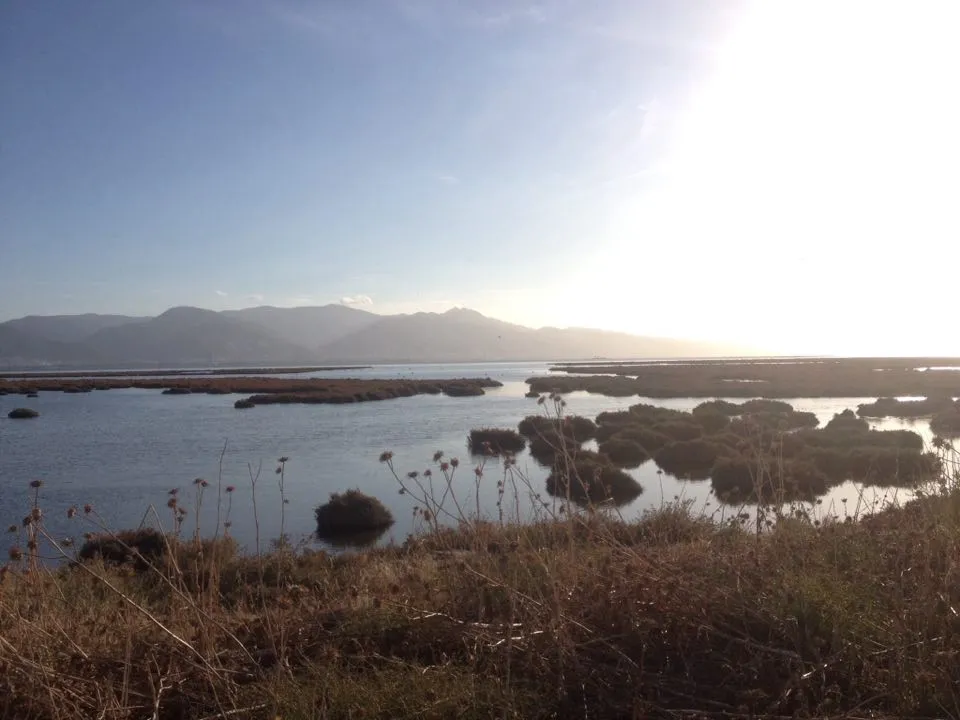
Coastal swamps and lagoons covering large areas along the entire coast of the Gediz Valley are of great importance for the aquatic life. Eggs from the sea are stored in sheltered and sheltered coastal strips and fish, from predators and other enemies. These juveniles return to the sea after reaching a certain size. Furthermore, since these shallow coastal marshes are rich in nutrient production, the living organisms here offer a great opportunity in terms of nutrition. This nutrient richness causes the Loggerhead (Caretta caretta) to often be seen in the gulf and near the valley shores. In addition, the Mediterranean Odor (Monachus monachus), one of the world's rarest creatures, also comes from time to time to feed this shrimp. With all these features, Delta's borders and openings are invaluable in terms of fishing, and many people make their living from these shores.
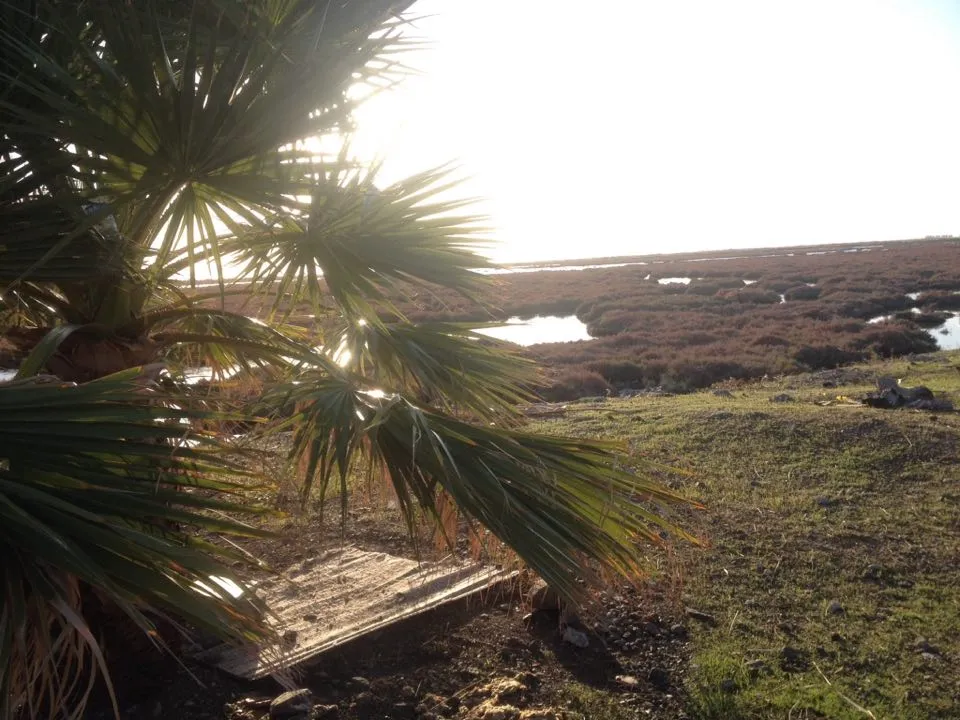
The highest quality cotton of Turkey is grown in the agricultural areas of the Gediz Delta, which is formed and blessed with alluviums carried by the Gediz River for 2 million years. Pumuğun along with corn, spinach, wheat, melon, watermelon and a variety of fruits are grown in plenty of deltan rich araz. This is why agriculture is the largest source of income for residential areas within Delta. In addition to agriculture, livestock farming continues to be done in closed pastures or pasture areas. The Southern Gediz Delta, especially between Mavişehir and Tuzla, is very important for grazing. Thousands of small and bovine animals are grazed in this area. Çamaltı Salt Lake covering 6 thousand hectares of 20 thousand hectares wetland part of Gediz Delta is one third of Turkey's annual salt needs. About 500-600 thousand tons of salt are produced annually in Tuzla.
Every living thing takes its own merit, from the treasures of the Gediz Delta, which are generous to all nature and human beings.
